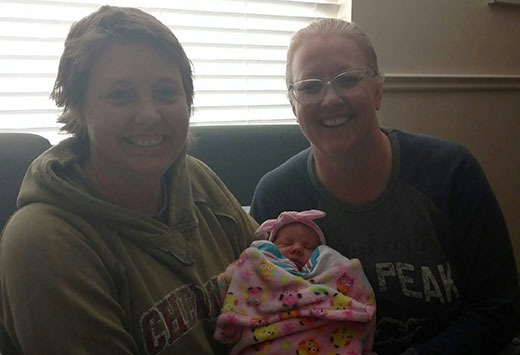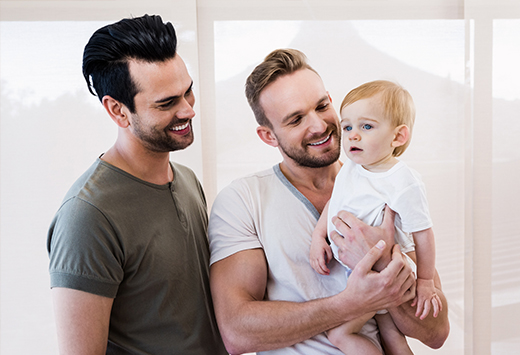Raising a child is no easy feat. But raising a child when you’re still coping with your own trauma and battling your own demons? It gets even more challenging, especially when adopting a child who may have trauma and attachment issues of their own.
Life for orphaned and fostered children can be riddled with pain and confusing events before they are given a safe home with you. Many of them are too young to process their trauma and don’t have the right guidance to process things they may have seen or heard. This may cause them to act out or behave in a manner that drives you crazy. What’s worse, this can trigger your own trauma. When you, the caregiver are triggered, the stress will cycle back to the child.
This may sound like an endless cycle, but fear not. There are plenty of tools and simple parenting tricks that allow for both parents and children to heal and thrive together. Your child may be just the thing you need to heal.
Create a Safe Space
The most important thing for you and your child is creating a safe space. Many adopted and fostered children haven’t had a safe space to call their own and retreat to when they’re feeling scared or overwhelmed. Yes, of course, it’s important for your child to feel safe in the entire home. That said, do not underestimate the power of a more specific place to retreat to.
Whether it be under the bed, in a pillow fort, or outside in a tree, a place that they can go to be alone is a great tool for healing. This space should be where they feel safe and free from judgment and can relax and reflect.
Your instinct may be to follow your child when they are experiencing overwhelming emotions. While you never want to make them feel abandoned, you should not smother them, either. Allow your child the freedom to be alone when they choose. When you give your child a safe space where they know they are allowed to go and be alone until they choose to return, you help build trust.
Pay Attention to Triggers
Triggers are all the things that remind you, and your child, of trauma. A certain tone of voice, gesture, or image can instantly transport a trauma victim to a traumatic event. While you may know what your triggers are, remember that your child may not.
It’s important to discuss these things openly with your child. Explain to them what a trigger is, and how it affects you. Your child may surprise you by sharing some introspection on their own trauma.
Many children won’t want to share early on. Don’t worry! That is perfectly natural. By sharing things that you struggle with, you strengthen your bond with your child. Sharing your triggers will encourage them to open up as well.
Remember that your child may look at your triggers as a “secret weapon” and attempt to trigger you intentionally. It may happen when they are angry with you, or simply to see what will happen. Do not punish your child for this, but talk through why they did what they did. Talking about what your triggers feel like, and how you cope with them may help them develop empathy and understanding.




